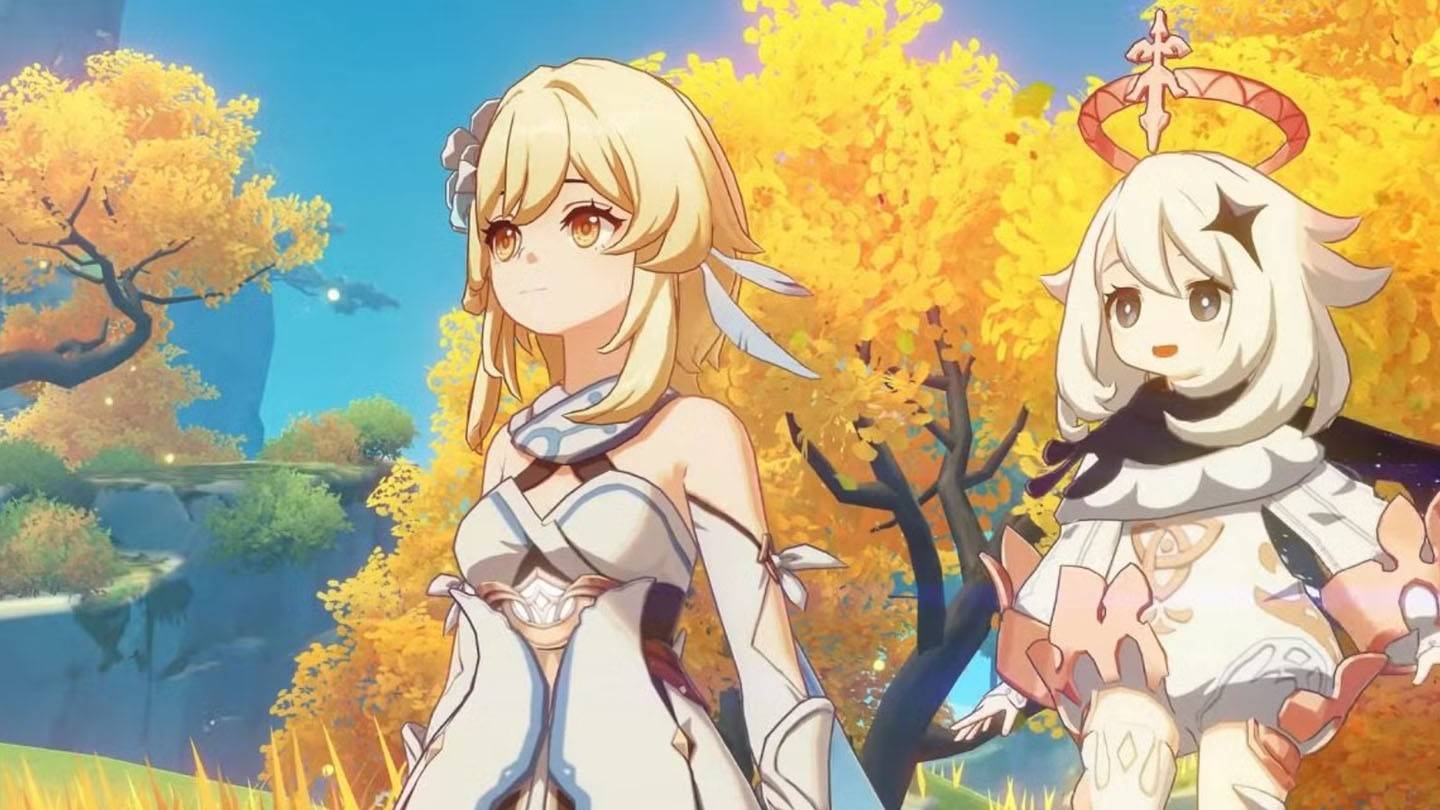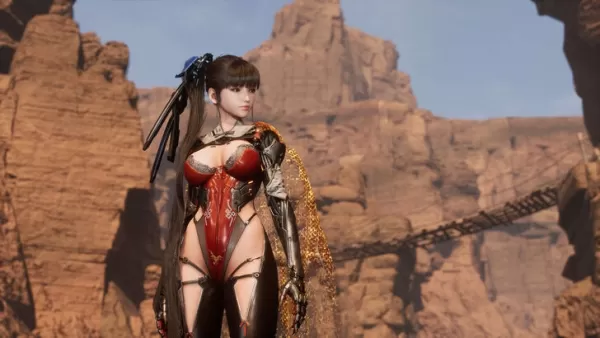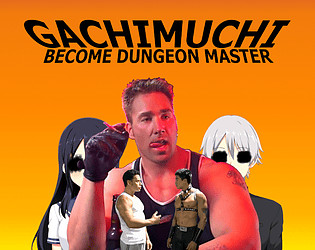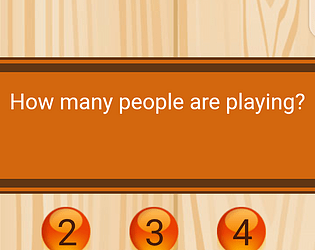PlayStation CEO Hermen Hulst: AI in Gaming – A Powerful Tool, Not a Replacement
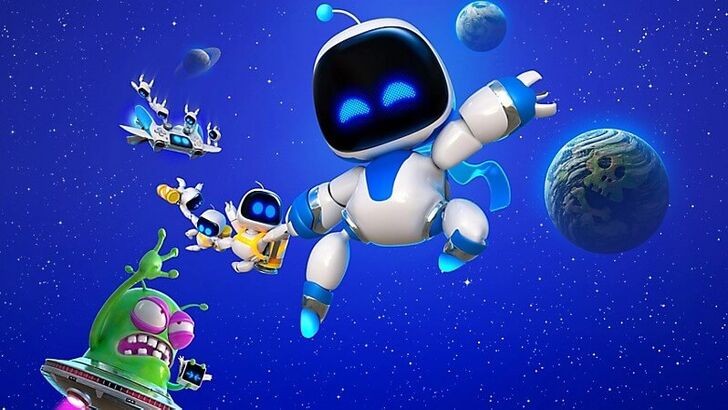
In a recent interview with the BBC, PlayStation co-CEO Hermen Hulst discussed the burgeoning role of artificial intelligence (AI) in the gaming industry. While acknowledging AI's potential to revolutionize game development, Hulst emphasized the irreplaceable value of the "human touch."
A Balancing Act: AI and Human Creativity
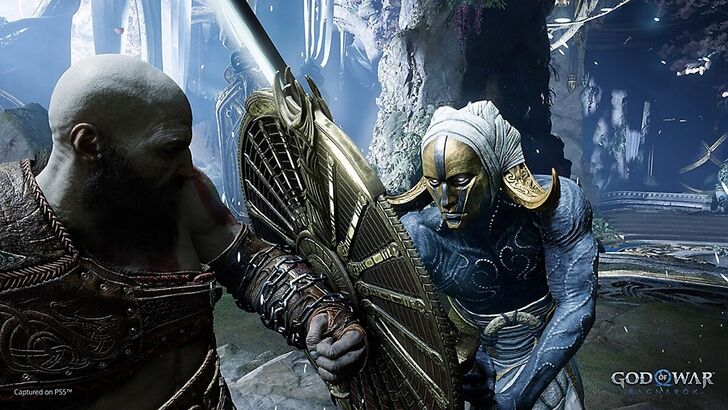
Hulst's perspective reflects a growing industry debate. AI offers streamlined workflows, automating tedious tasks and accelerating prototyping, concepting, asset creation, and world-building. However, concerns remain about AI's potential impact on creative roles and human employment, as evidenced by recent voice actor strikes in the gaming industry. A CIST survey revealed that 62% of game studios utilize AI, primarily for efficiency gains.
Hulst anticipates a "dual demand" in the future: games leveraging AI for innovative experiences and games prioritizing handcrafted, carefully considered content. He believes striking the right balance between AI and human creativity is key.
PlayStation's AI Strategy and Beyond Gaming
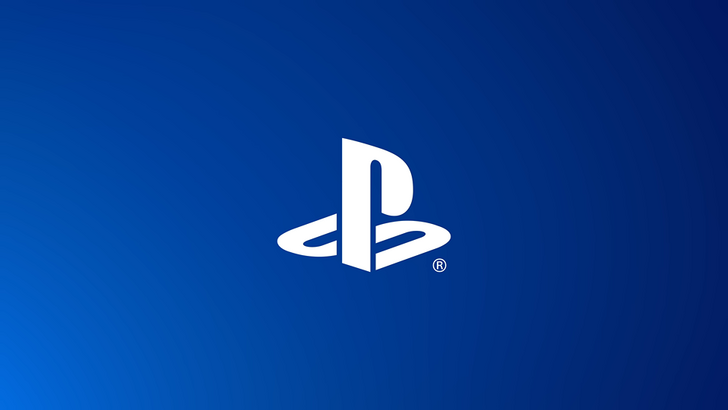
PlayStation is actively involved in AI research and development, with a dedicated Sony AI department established in 2022. The company's vision extends beyond gaming, exploring multimedia expansions such as adapting its successful game franchises into films and television series (e.g., the upcoming God of War Amazon Prime show). Hulst aims to expand PlayStation's intellectual property beyond the gaming realm, integrating it seamlessly into the broader entertainment landscape. This ambition may be connected to rumored acquisition talks with Kadokawa Corporation, a major Japanese multimedia company.
Lessons Learned from the PlayStation 3
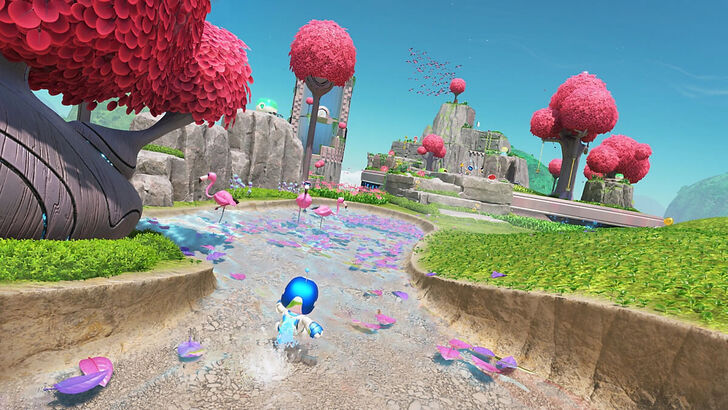
Reflecting on PlayStation's 30th anniversary, former PlayStation chief Shawn Layden described the PlayStation 3 (PS3) era as an "Icarus moment"—a period of overly ambitious goals that nearly overwhelmed the team. Layden's narrative highlights the importance of focusing on core strengths: creating exceptional gaming experiences. The PS3's challenges led to a refocusing on making the "best game machine of all time," a lesson that shaped the successful PlayStation 4 strategy.



